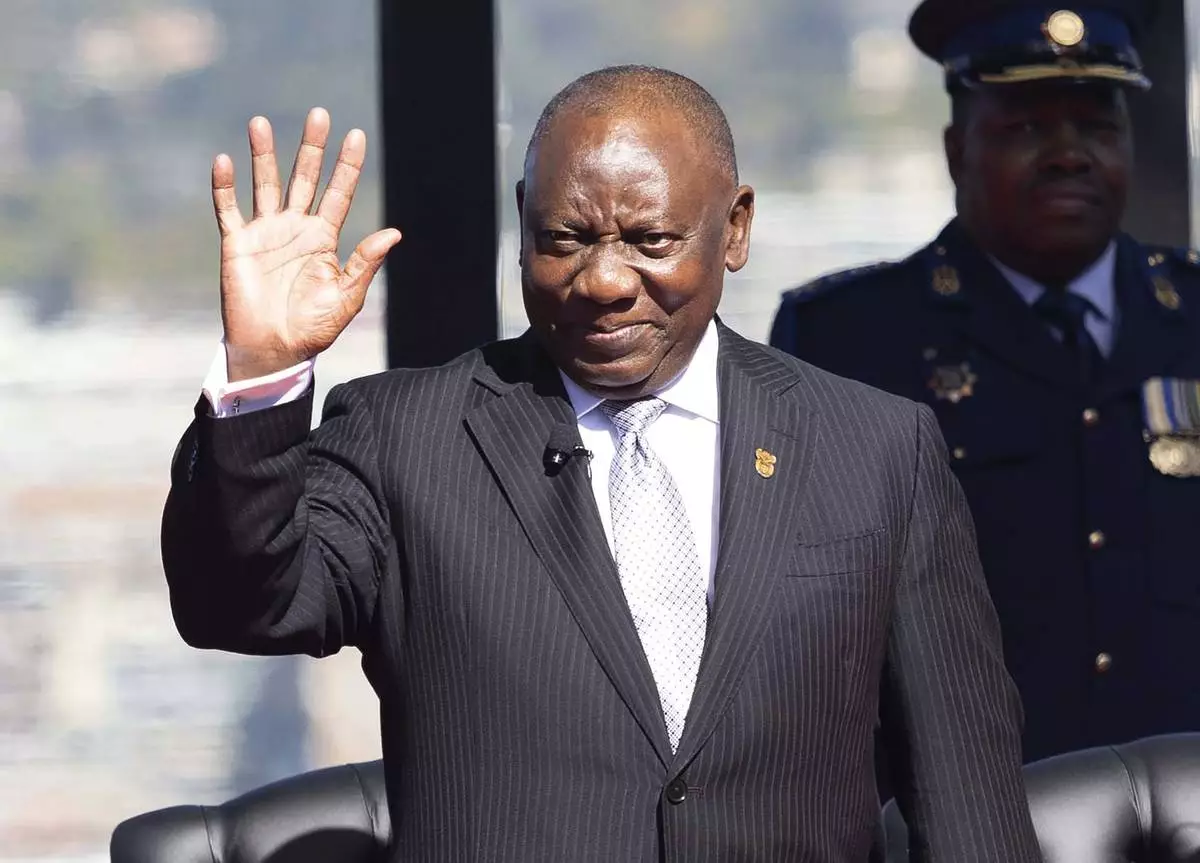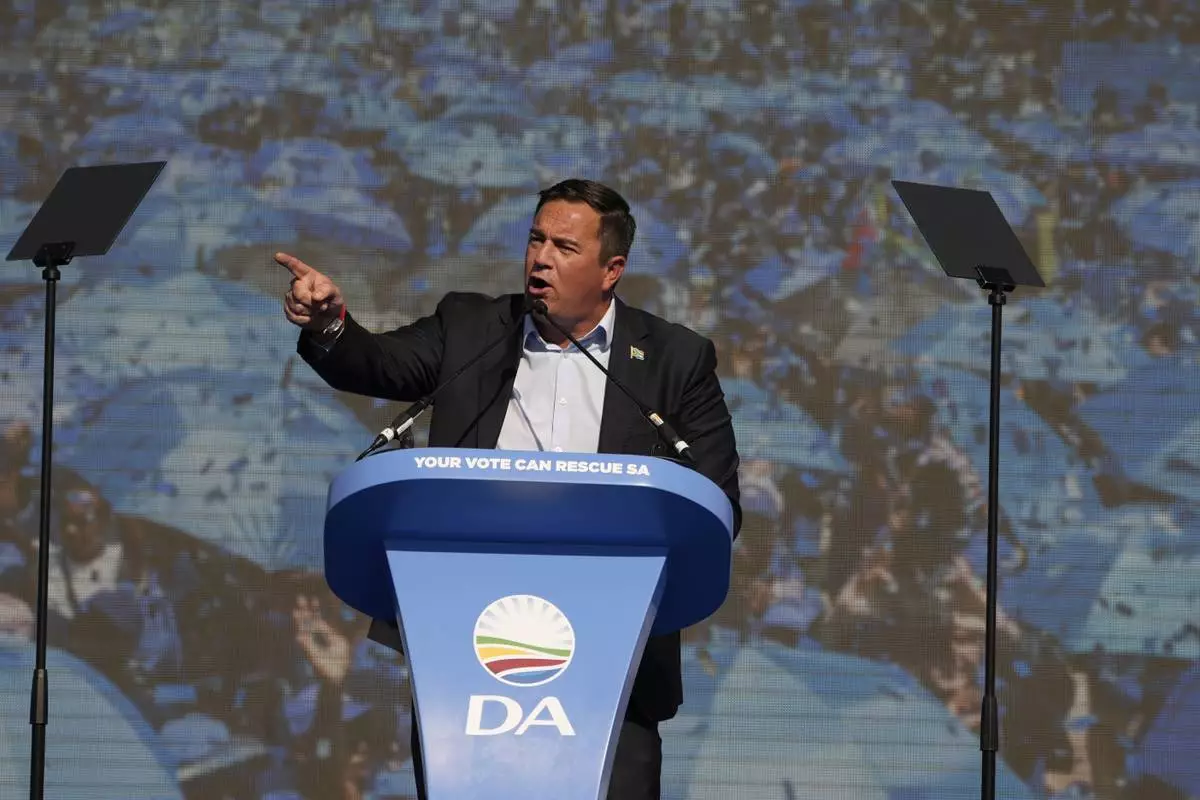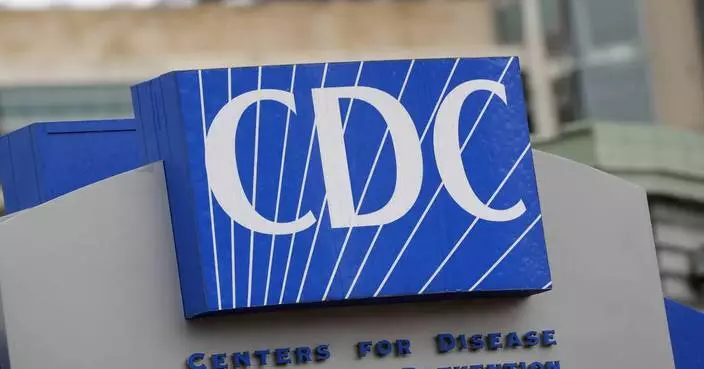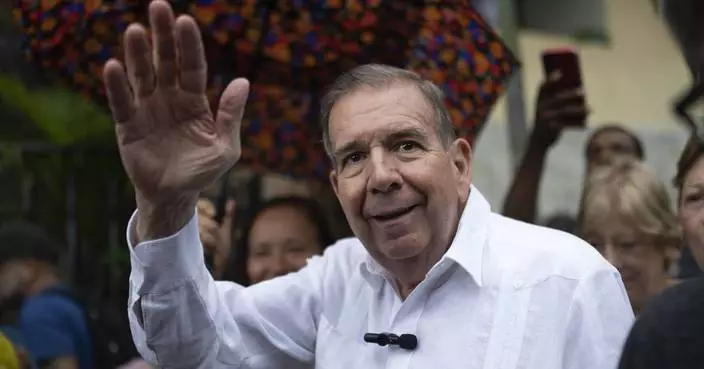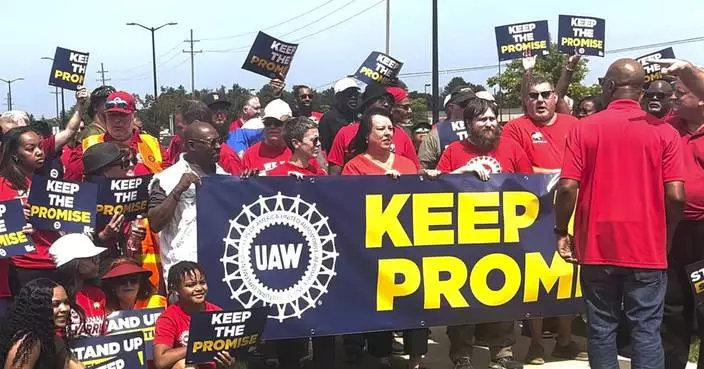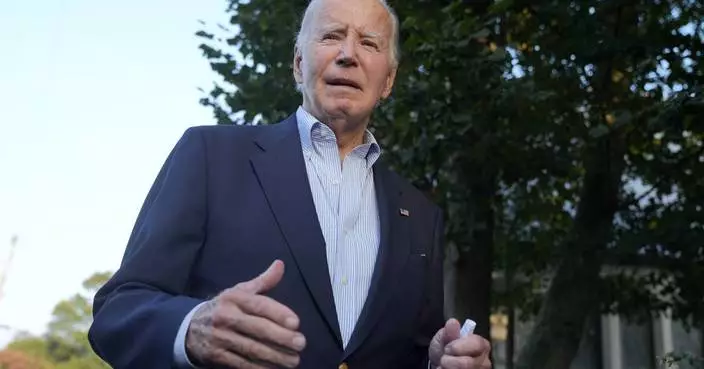CLAYTON, Mo. (AP) — The Missouri Supreme Court blocked an agreement that would spare the life of a man on death row. Instead, Marcellus Williams must now proceed with a hearing on his innocence claim, with a little over a month to go before his scheduled execution.
The ruling late Wednesday came hours after St. Louis County Circuit Judge Bruce Hilton approved a plan allowing Williams to enter a new no-contest plea to first-degree murder in the 1998 death of Lisha Gayle. Though Williams' lawyers said he still maintains he is innocent, the plea would acknowledge evidence was sufficient for a conviction.
Williams, 55, would have been sentenced to life in prison without parole on Thursday. Instead the Sept. 24 execution date is still on, pending a hearing before Hilton on Williams' innocence claim.
Here's what there is to know about the case:
Lisha Gayle was a social worker and a former St. Louis Post-Dispatch reporter. She was stabbed to death inside her home in University City on Aug. 11, 1998.
At the time, prosecutors said Williams broke into Gayle's home and heard water running in the shower upstairs. They said he found a large butcher knife and waited for her to come down. When she did, Gayle was stabbed 43 times. Her purse and her husband’s laptop were stolen.
Authorities said Williams also stole a jacket to conceal blood on his shirt, and his girlfriend asked him why he was wearing it on a hot day. The girlfriend said she later saw the laptop in the car and that Williams sold it a day or two later.
Prosecutors also cited testimony from Henry Cole, who shared a St. Louis cell with Williams in 1999 while Williams was jailed on unrelated charges. Cole told prosecutors that Williams confessed to the killing and offered details about it.
Williams’ attorneys responded that the girlfriend and Cole, who were both convicted of felonies, wanted a $10,000 reward for information in the case.
Williams was found guilty in 2001 and sentenced to death, and the conviction was later upheld by the Missouri Supreme Court.
In 2017, Williams was hours away from execution — he'd already eaten his last meal. His lawyers made one final appeal citing DNA testing unavailable at the time of the original trial indicating that the DNA of someone other than Williams was found on the knife.
It was enough to persuade then-Gov. Eric Greitens to grant a stay of execution and appoint a board of inquiry made up of former judges.
But that board never issued a report or released findings. In 2023, Gov. Mike Parson — like Greitens, a Republican — dissolved the inquiry board. The Missouri Supreme Court ruled in June that Parson had the right to do so, and set the Sept. 24 execution date.
When Williams was convicted, St. Louis County's prosecutor was Bob McCulloch, a tough-on-crime prosecutor who served 28 years before he was upset by Ferguson City Council member Wesley Bell in the 2018 Democratic primary. Bell, who made his name in Ferguson after Michael Brown's death, pledged a more progressive approach to running the office.
That included taking a new look at potential wrongful convictions. In January, Bell announced that he would seek a hearing before a judge to vacate Williams' murder conviction, citing the DNA testing. That hearing was set for Wednesday before Judge Hilton.
New DNA test results, released on Monday, changed everything.
They determined that the knife used in the killing was mishandled in the aftermath of the crime. DNA from Edward Magee, an investigator for the prosecutor's office at the time, was found, and testing also couldn't exclude the original prosecutor in the case, Keith Larner.
“Additional investigating and testing demonstrated that the evidence was not handled properly at the time of (Williams') conviction,” Matthew Jacober, a special counsel for Bell's office, told the judge. "As a result, DNA was likely removed and added between 1998 and 2001.”
Bell was not at the hearing because he was at the Democratic National Convention in Chicago. Bell defeated incumbent Cori Bush in Missouri’s 1st Congressional District Democratic primary on Aug. 6 and will be heavily favored in November.
While Williams still maintains his innocence, the contaminated DNA evidence was a gut-punch to his case. The finding prompted hours of negotiations between his lawyers and prosecutors.
By Wednesday afternoon, they reached an agreement: Williams would enter an Alford plea, which is not an admission of guilt but an acknowledgment that there is enough evidence for a conviction. In exchange, his death sentence would be commuted to life without parole.
Robin Maher, executive director of the Death Penalty Information Center, said that given the contaminated DNA evidence, the plea was Williams' best option.
“Mr. Williams faced an impossible choice: with an execution date in just over a month, he could take a chance on a legal process that has never given him a fair shake and hope that things turn out differently — or he could take the deal that would save his life and bring the victim’s family the closure they sought,” Maher said in an email. “Anyone would take the deal.”
Peter Joy, a professor at the Washington University School of Law, said many aspects of the case are troubling, including the bungled DNA evidence and the setting of an execution date while an innocence claim was still being examined.
“I hope there’s not a rush to execution,” Joy said.
Missouri Attorney General Andrew Bailey immediately challenged the new plea and reduced penalty, contending that the lower court lacked the authority to essentially overrule the state's Supreme Court. Within hours, the high court agreed.
Its order also required Hilton to hold the evidentiary hearing, scheduled for Aug. 28.
In a statement, Bailey said people too often “forget about all of the evidence that was used to convict the defendant — the evidence the jury relied on — and the victims."
But Williams' attorney, Tricia Bushnell, noted that Gayle's family supported the new plea and penalty. She said in a statement that the Supreme Court ruling “directly contradicts the will of a duly elected prosecutor and the community he represents and the wishes of a family who has already lost so much.”
Maher, of the Death Penalty Information Center, said there are also “credible claims of innocence” for men on death row in Texas, Oklahoma and Alabama.
“These cases create an impression that our legal system values process and ‘finality’ more than it values innocence and justice and explains why so many people are losing confidence in the death penalty,” Maher said.
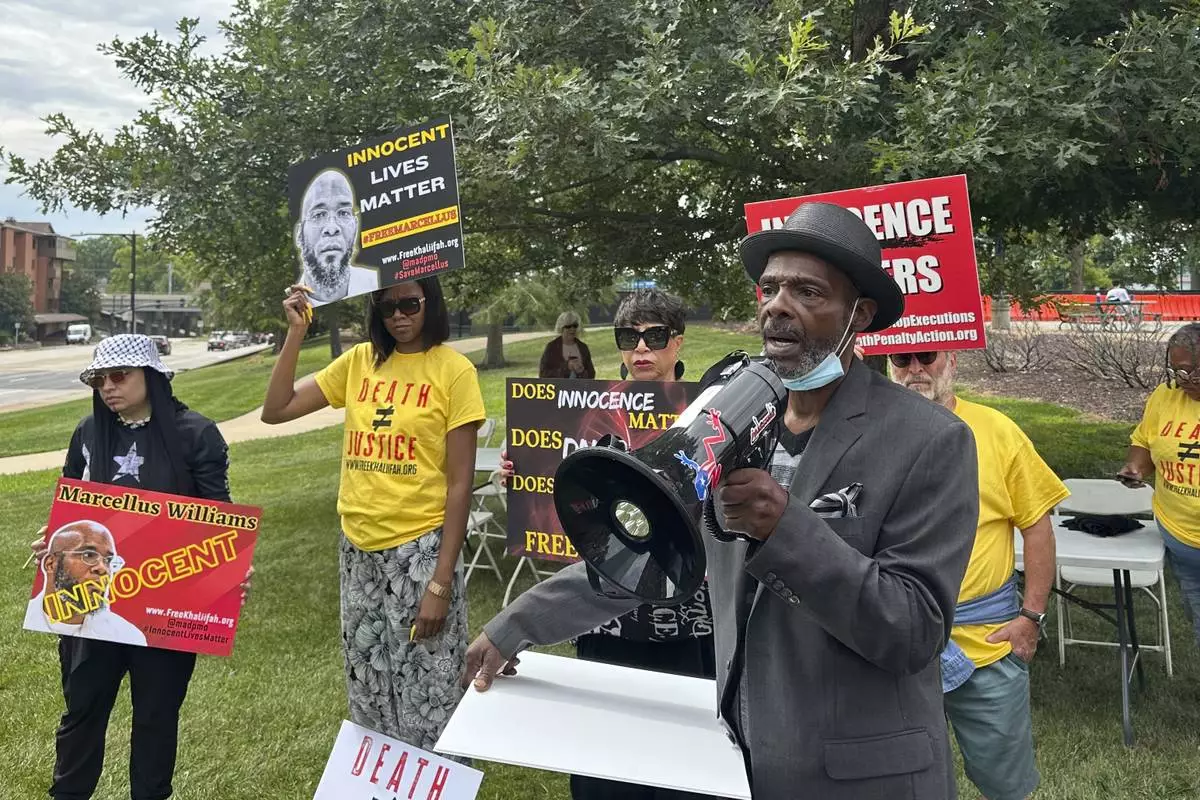
Joseph Amrine, who was exonerated two decades ago after spending years on death row, speaks at a rally to support Missouri death row inmates Marcellus Williams on Wednesday, Aug. 21, 2024, in Clayton, Mo. (AP Photo/Jim Salter)
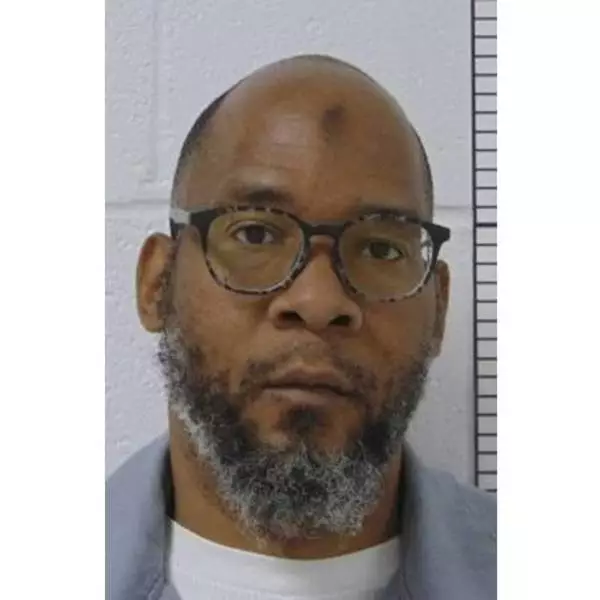
Missouri Supreme Court blocks agreement that would have halted execution
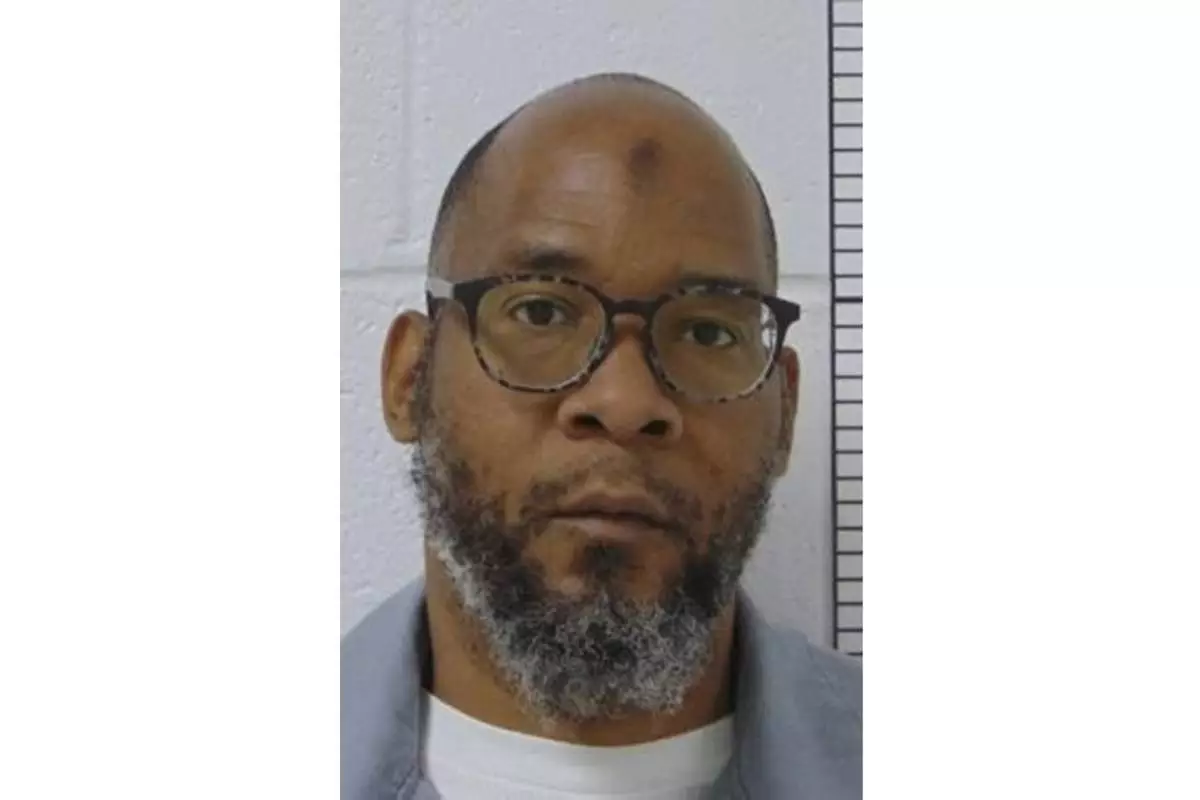
FILE - This undated booking photo provided by the Missouri Department of Corrections shows Marcellus Williams. (Missouri Department of Corrections via AP, File)
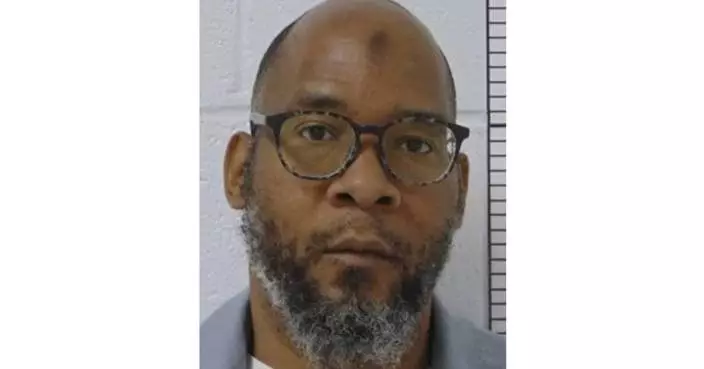
Missouri Supreme Court blocks agreement that would have halted execution



